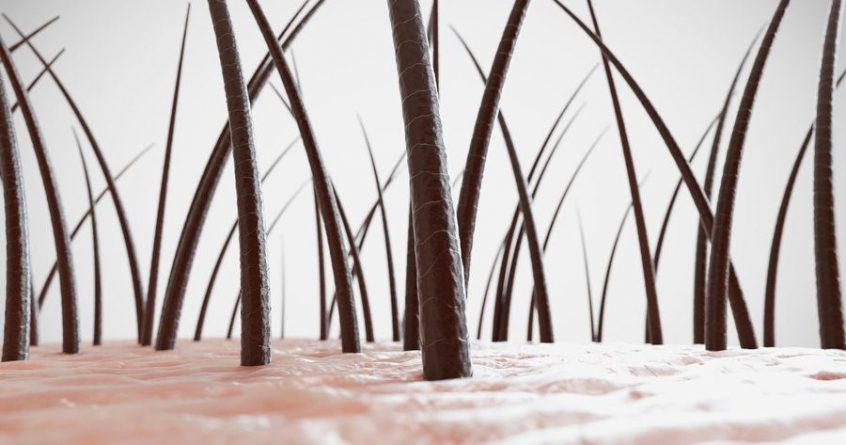Honestly, the innovations in medical research never cease to amaze me. One of the best recent examples comes from Imperial College London, where staff have been busy coming up with a novel way to heal scars.
This isn’t a small problem – about 100million people acquire scars each year in high-income countries. And not only visible ones in the skin but hidden internal ones after surgery that can affect quality of life.
The UCL researchers found hair follicle transplants can rejuvenate scars by altering their architecture and genetic makeup.
Their study shows skin scars begin to behave more like normal skin after they’ve been doctored with hair follicle transplants. The scarred skin grew new cells and blood vessels, remodelled collagen to restore healthy patterns, and even expressed genes found in healthy unscarred skin.
What’s so magical about hair follicles? Well, compared to scar tissue, healthy skin undergoes constant remodelling by hair follicles. Hairy skin heals faster and scars less than non-hairy skin, and hair transplants aid wound healing. Inspired by this, the researchers hypothesised that transplanting growing hair follicles into scar tissue might induce scars to remodel themselves. And it did.
The findings could lead to better treatments for scarring both in the skin and inside the body, which can impair organ function and ultimately cause disability.
Lead author Dr Claire Higgins, of Imperial’s Department of Bioengineering, said: “After scarring, the skin never truly regains its pre-wound functions, and until now all efforts to remodel scars have yielded poor results. Our findings lay the foundation for exciting new therapies that can rejuvenate scars and restore the function of healthy skin.”
In the deeper layer, the dermis, the number of cells had doubled at six months, and the number of blood vessels had nearly reached healthy numbers by four months.
Scarring thickens and stiffens collagen fibres.
The hair transplants reduced the density of collagen allowing it to soften and stretch.
Importantly, genes promoting cell and blood vessel growth were expressed more, while genes promoting scars were expressed less.
Dr Higgins said: “While current treatments for scars like growth factors focus on single contributors to scarring, our new approach tackles multiple aspects, as the hair follicle likely delivers multiple growth factors all at once that remodel scar tissue.”
It’s truly amazing research.

